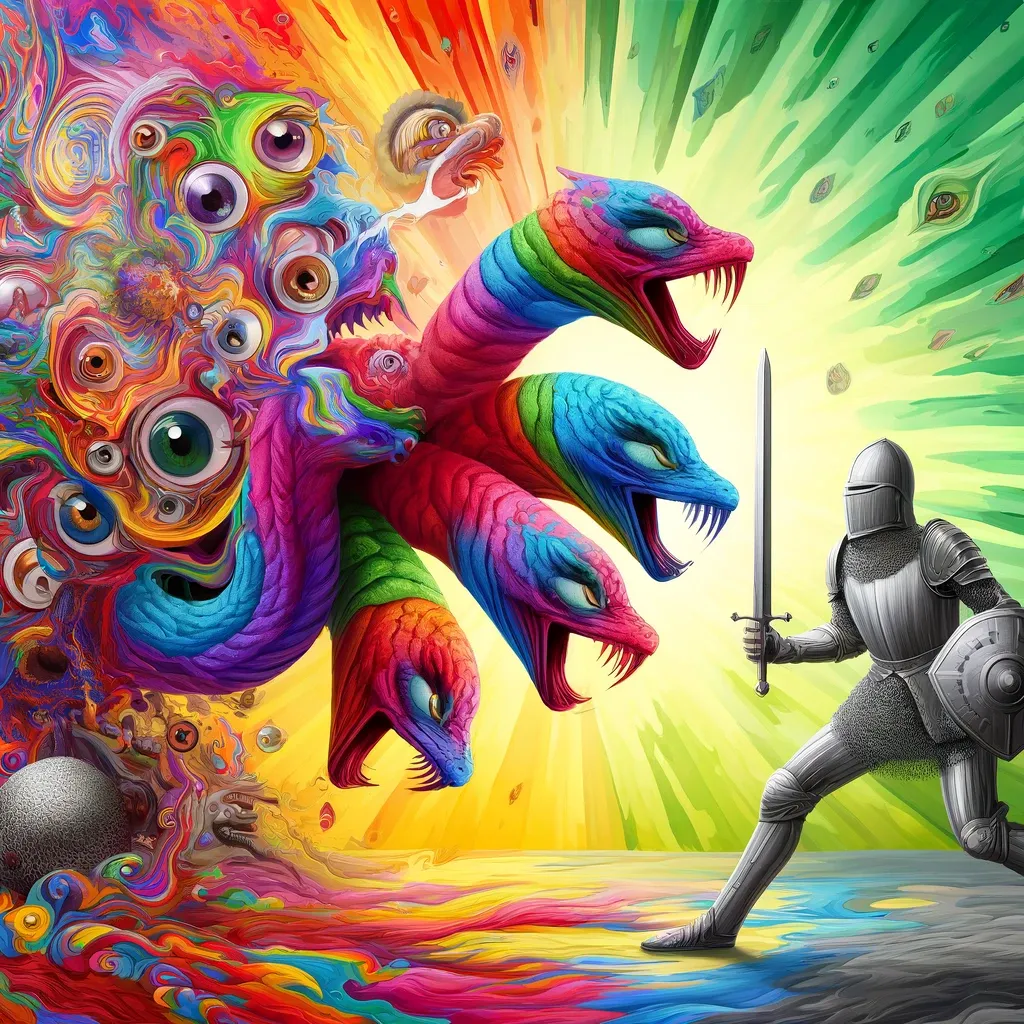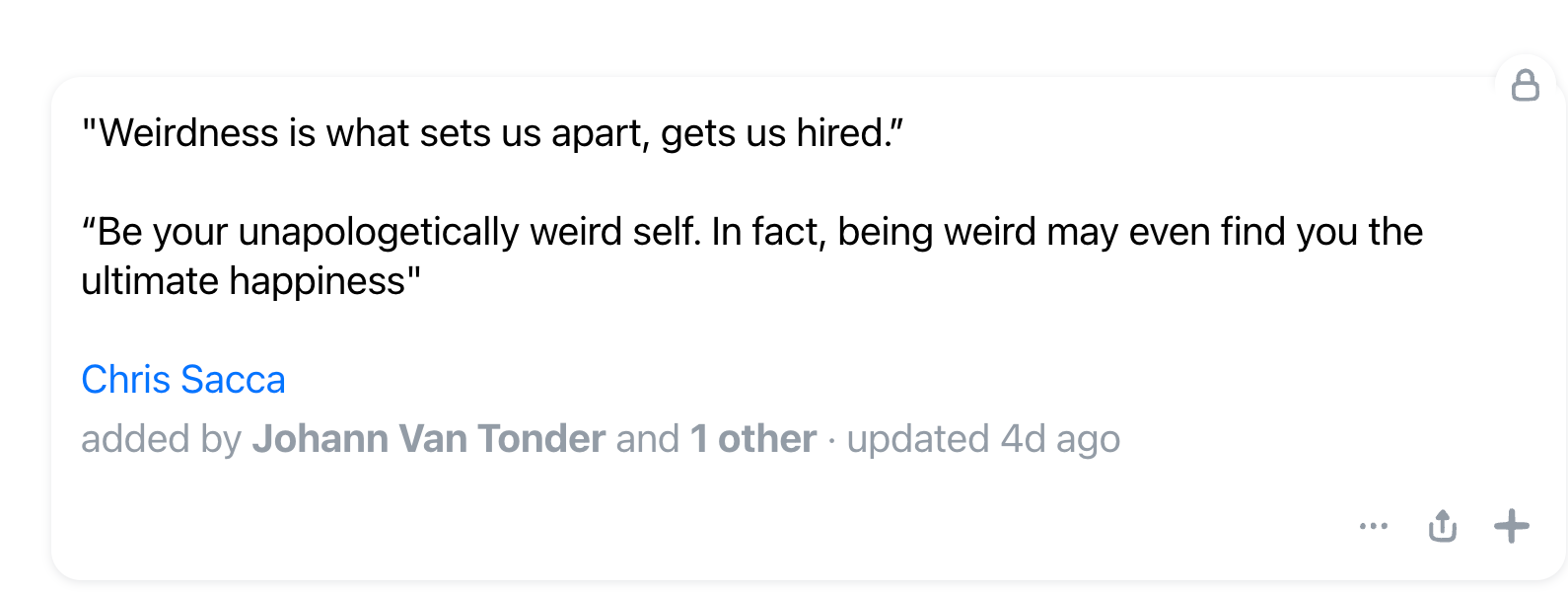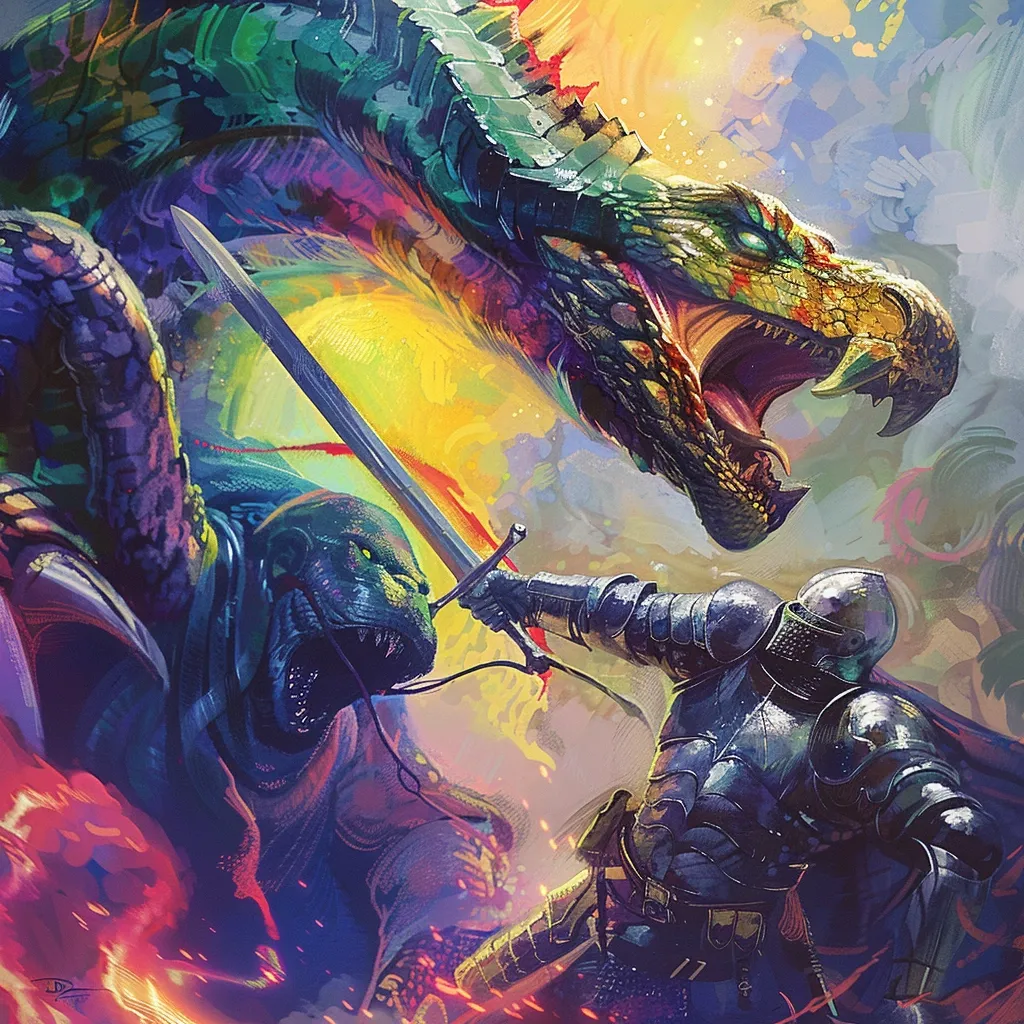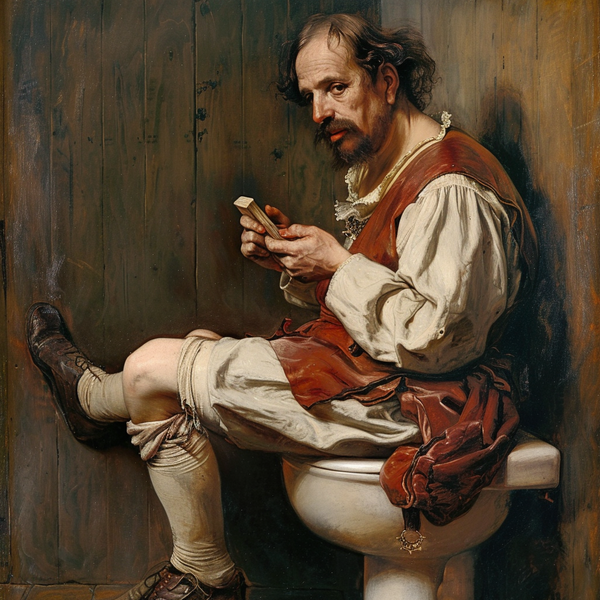The Cost Of Being Weird
What is your value if you don't fit into an understandable category? There's a definite cost to being an outlier before you are a good outlier.

I’ve seen all sorts of things about why it’s good to be weird. It’s important to stand out from the crowd if you want to be noticed. That makes sense. In order to be an outlier, you need to be an outlier, right?

But how weird is too weird?
There’s something I’ve noticed. The explanation has eluded me thus far, but I think I might have it now, so let’s take a shot at describing it.
When you are too weird, you are really hard to measure.
Think about it. Everything has to be measured in order to be understood. You need to hit your OKRs. You have your performance reviews. You track your activity levels, your calories, your sleep scores.
That works when something has a “good” range, or a “normal” range. You can track your sleep score from 0-100. So can somebody else.
These measurements work because they can be scored.
When I helped with interviewing at a startup, we set up a rubric and had ratings based on several categories. Then we would rank the candidates on their performance based on those categories.
We took something big that had to be shared (a candidate’s performance on a coding screen) and reduced it to a set of numbers that could be understood and calibrated against.
Then there’s the whole A/B testing thing. You reduce something complex (user behavior) down to a metric, and then you try to make that metric get better. You make changes to get the desired result you want, without understanding everything you are doing in the meantime.
Weird doesn’t fit into those metrics. It’s something individual, not shareable. Being A/B tested when weird has the goal of making you less weird, because it wants you to perform the same way as everyone else.
How do we know if something is improving if we can’t measure it?
Oooh, that’s a great question, isn’t it?
We are obsessed with growth and improvement. If we aren’t growing, we’re dying.
But here’s the funny thing about that: the areas I’ve improved the most?
No idea how to possibly measure them.
Area 1: knowledge. I’ve developed an understanding of the world around me. Not because I had to for some test, but because I’ve been curious. I’ve been exploring. I’ve been thinking. I’ve been pondering. That’s led me down paths to things that don’t exist currently in the minds of people. How can you measure new knowledge?
Area 2: self. I’ve spent a lot of time and energy understanding myself. I write a lot, some published, some not. I pay attention to what I’m feeling. I think about what I want for my future and I try to turn that into a reality. I no longer want things because I think I’m supposed to. I go deeper on what I want, in order to understand what I’m lacking. Again, no idea how to measure that.
It’s easy to look at the market value of a software engineer with 15 years of experience who can use Typescript, Python, NextJS, etc. We reduce people to stats and then calculate averages.
But what’s the value of a software engineer + writer + podcaster + YouTuber + Quantum Economist?
Fuck if I know.
And shit, that’s been eating at me. Because I’m building products, but those products aren’t good enough yet. A product is something someone will pay for.
But if I can’t value myself on the market, and I can’t get a product working, how the hell am I supposed to eat?
That part is really tough for me. The people I really want to help can’t afford to pay me. The people that can pay me typically have something that works for them, and the cost of learning what I have to teach them feels like too much of a leap for them. Or, in some cases, might actually realize that they are overvalued for the work they are currently doing.
That’s not something that people necessarily want to hear.
People do want to listen to people with weird ideas, because there's a lot of value in being early to new ideas. That's the "alpha" spoken of in investment circles. But in order to get them to listen to you, there needs to be something that they can grasp. Some symbol that they can use to say "yeah, they are weird, but they've done X. So it's a good weird". So what do you do when you don't have the first win?
Aside: this is actually where I think the most value lives in the economy. There are all sorts of people who haven't been discovered, because they don't even realize they CAN be discovered. But investors are becoming more and more risk averse, because they can't keep track of all the changes that are happening. So for the ones who try to discover the people who aren't trying to be discovered, there's so much potential upside. That's why I do want to invest my time in the people who can't pay me right now. They need it the most and they have the most room for growth.
So, I’ve got a conundrum. The work I want to do isn’t aligned with my financial needs. I’m not part of academia, so I can’t rely on those structures to support research. There are a lot of places I could fit into if I dropped bits and pieces of who I am and who I want to be.
But that’s no longer negotiable. I’ve tried to force myself into places I didn’t quite fit, and all that accomplishes is draining my energy that could be used elsewhere. It’s not worth the mental damage it does to me.
Looks like the answer is right in front of me. I’m going to have to get weird with it. Embrace the hydra that is my personality (any time one of my interests dies, it is replaced with at least two others…) and lean into it.

Whatever the answer ends up being, it’s gonna be weird…
PS: For the record, this image is a lot closer to what I was initially thinking about instead of the one I ended up using for the feature image:


